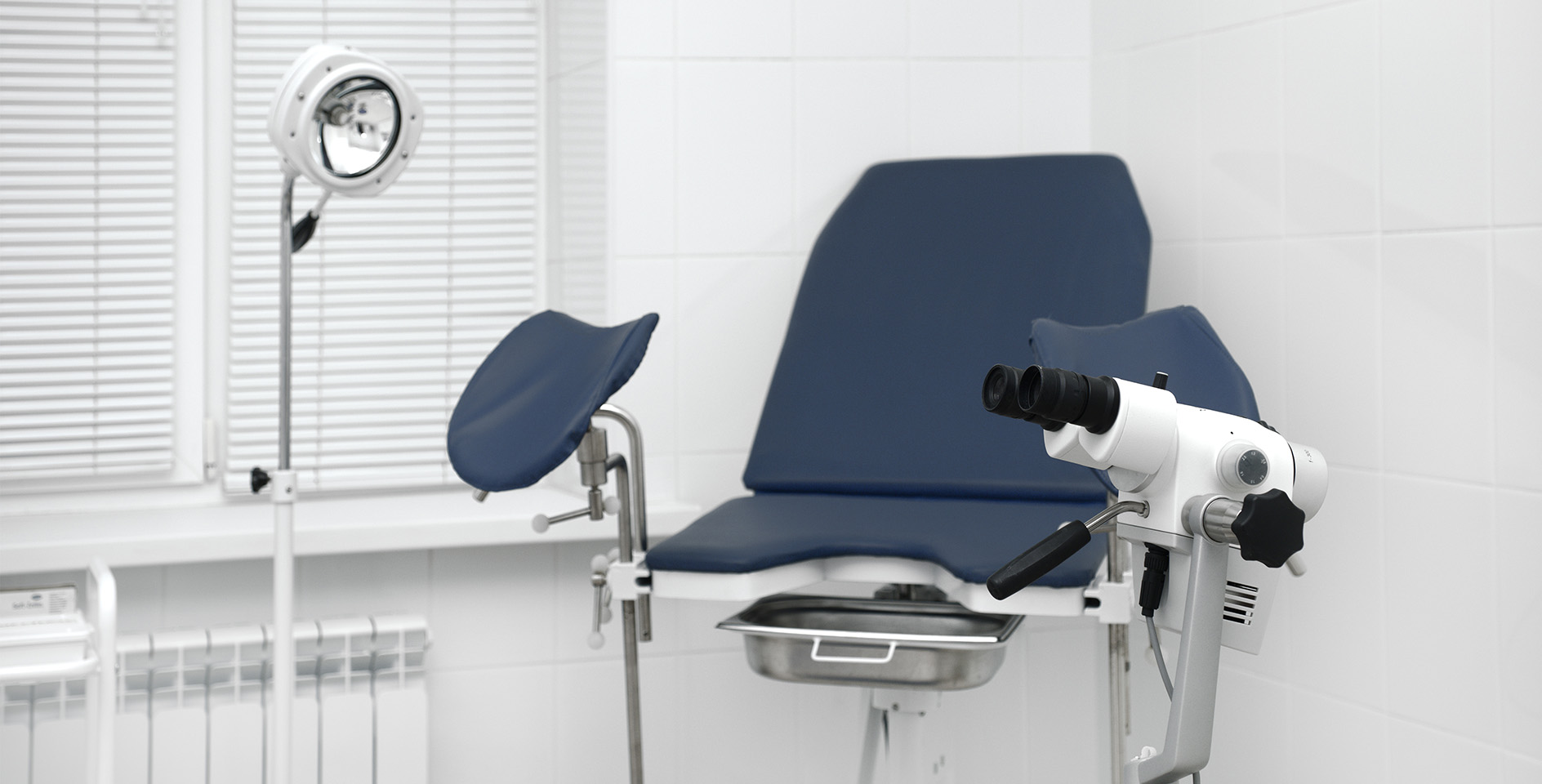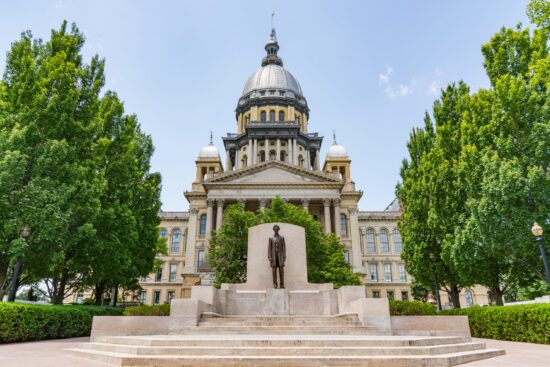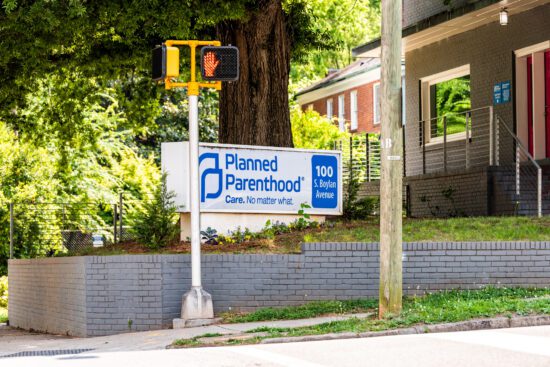We’re familiar with the terms “abortion” and “tourism,” but what do you get when you put these two words together? Abortion tourism is travel for the purpose of obtaining an abortion where it’s legal, and it’s not a new phenomenon. Yet, it has continued to evolve as the abortion landscape has changed in the United States. In 1970, prior to Roe v. Wade, New York repealed all laws criminalizing abortion, giving birth to abortion tourism in the United States. Just two years later, and a year before the Roe decision, over 100,000 women traveled to New York City for abortions, half of whom traveled more than 500 miles to come to a city where they could legally abort their children.
Abortion tourism began to slow when Roe was decided in the Supreme Court in 1973. Abortion was legalized in every state, and the need to travel out of state for abortions decreased. But abortion tourism still wasn’t obsolete. Some states had more restrictive abortion laws than others, so women who found themselves in positions where the abortion they wanted was no longer legal traveled out of state to obtain legal abortions.
Abortion tourism today
But a major shift to the abortion tourism industry began last year when the Texas Heartbeat Act, a law prohibiting abortions in Texas as early as six weeks, went into effect on Sept. 1, 2021. With this law came a rise in abortion tourism. From September to December 2021, nearly 1,400 Texans a month went to surrounding states (Arkansas, Colorado, Kansas, Louisiana, Mississippi, New Mexico, and Oklahoma) to have abortions, according to research from the Texas Policy Evaluation Project.
In addition to the procedure itself, abortion tourism comes with expenses such as transportation to another state and lodging while there. So the need to travel for an abortion is merely an inconvenience for some, while it eliminates the possibility of having an abortion for others. For women who don’t have a working car, can’t get time off work, or don’t have anyone to watch their kids, traveling out of state for an abortion becomes much more challenging, and sometimes impossible. Companies such as Citigroup are already supporting abortion tourism by offering to cover travel costs for U.S.-based employees seeking an abortion, and Lyft and Uber both announced last year that they would cover any legal fees drivers face for serving as a ride for women to an abortion clinic.
With this rise of abortion tourism, comes an increase of tourism to out-of-state pregnancy resource centers. Women searching for abortion clinics in a neighboring state have stumbled across pregnancy resource centers and traveled hundreds of miles to get there. While this is an incredible opportunity for these PRCs, it also presents challenges for these centers which are designed around the concept of community and walking with women and families to provide them the support they need to choose life.
Abortion tourism in the future
Now, the Roe v. Wade decision is being challenged at the Supreme Court with a Mississippi abortion case called Dobbs v. Jackson Women’s Health Organization. If the Supreme Court rules to overturn Roe, the abortion tourism landscape could shift once again. While the market may increase if the court decision allowed abortion to became illegal in some states, traveling to obtain an abortion would also likely become a greater barrier to abortion for women.
If the Supreme Court overturns Roe, individual states will be free to make their own decisions on abortions. Many states have laws in place that would automatically either protect or prohibit abortion access. Particularly, if abortion becomes illegal in several Southern and Midwestern states, such laws would cause abortion clinics to close in wide swaths, increasing a woman’s average driving distance to the nearest abortion clinic from 35 miles to 280 miles. And the clinics they could access for legal abortions would likely be overwhelmed with patients.
Even if the Supreme Court’s ruling in Dobbs allows states to make abortion illegal, abortions will continue in other states that welcome abortion tourists with open arms. States like New York are preparing for the new wave of abortion tourism that could come if Roe is overturned. New York Gov. Kathy Hochul has promised that New York will welcome women into their abortion clinics who can’t have abortions in their home states — much like they did in the early 1970s.
As more states rightly establish pro-life laws, which would make abortions more challenging both for women seeking abortions and clinics providing abortions, churches need to prepare to help make abortions unthinkable and unnecessary – both through advocacy and care. Let’s pray that God would advance pro-life laws, soften hearts to choose life, and make our churches a refuge for women with unplanned pregnancies, vulnerable children, and those whose lives have been turned upside down by the abortion industry’s empty promises.











